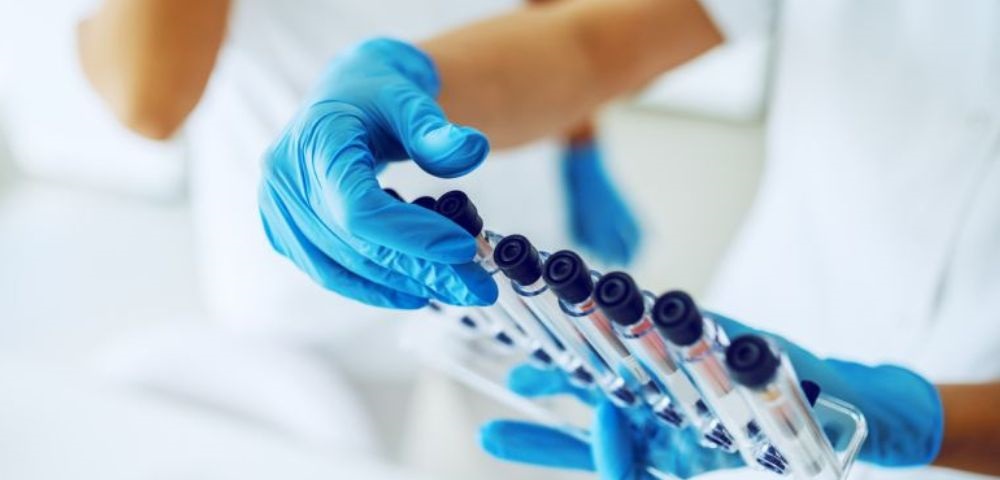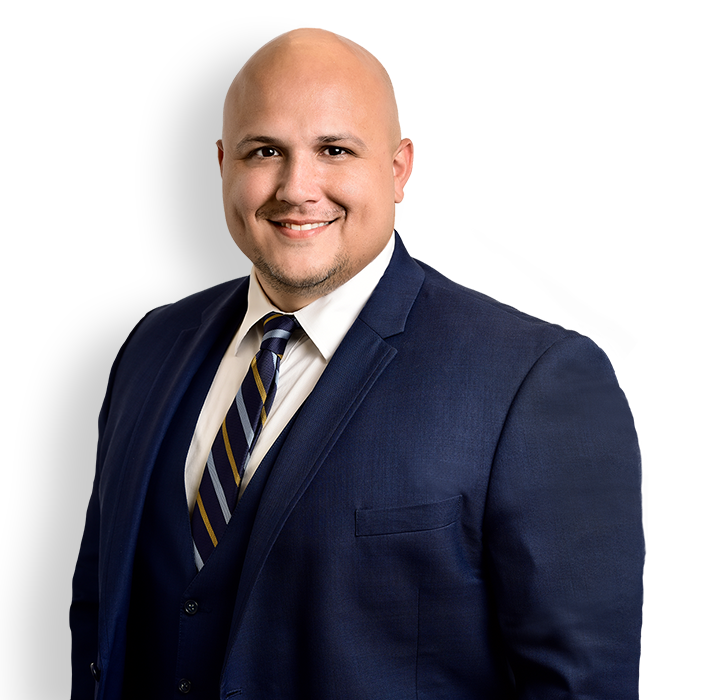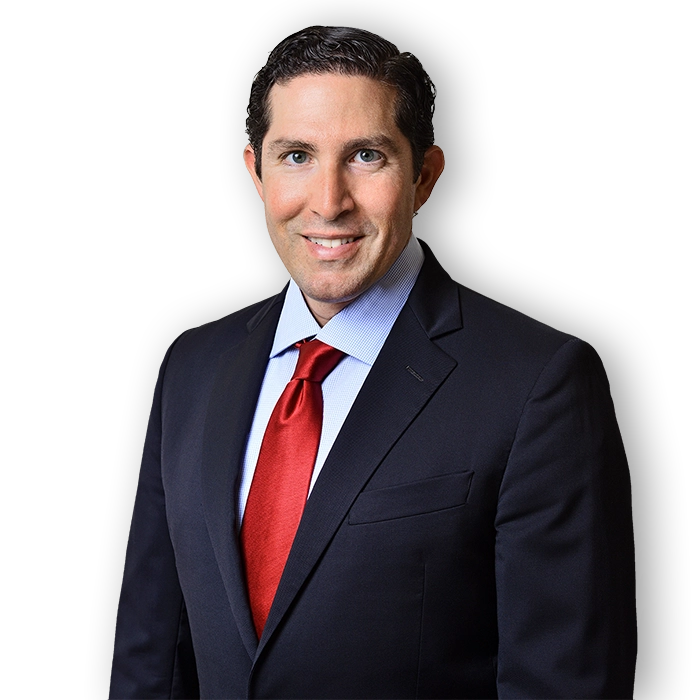Clinical Labs: Vital Part of the COVID-19 Response and Now the Focus of Government Scrutiny

Over two years have passed since the outbreak of the novel coronavirus in the United States. While labs played an integral role in the response to the global pandemic, recent enforcement activity indicates the increasing scrutiny to come for diagnostic testing billed throughout the duration of the pandemic. Labs need to be prepared to respond forcefully and thoroughly.
The Lab Industry’s Rise to Action
In early 2020, only one lab in Atlanta had Centers for Disease Control and Prevention (“CDC”) approval to run COVID-19 tests. A few weeks later, CDC expanded testing guidelines and labs big and small quickly began testing specimens. Labs worked tirelessly to repurpose equipment and scrounged for testing kits and chemical solutions required to run COVID-19 tests at a time when payment was anything but guaranteed. Eventually labs were running thousands of tests around the clock.
COVID-19 was particularly devastating to the immunocompromised residents of skilled nursing facilities (“SNFs”). The high transmission levels and deaths within such facilities highlighted the dire need for frequent testing to detect and contain outbreaks. Various government agencies and public health departments mandated periodic testing for SNF residents and health care staff while providing minimal insight as to who would pay for the testing. Regardless of the uncertainty, labs banded together to rapidly test SNF residents and others at unprecedented volumes to meet the overwhelming demand.
During the pandemic regulatory guidance seemed to evolve even more frequently than the virus mutated. At times, state and federal testing criteria and protocols changed daily. Labs were required to constantly monitor new guidance and rules all while meeting testing demands. The response was swift and without the lab industry’s efforts, expansive COVID-19 testing would not have been possible.
Key Regulatory Changes
Typically to receive reimbursement from Medicare for diagnostic testing, a physician or other non-physician practitioner (“NPP”) treating the beneficiary must submit an order. Any diagnostic tests ordered must relate to a specific medical condition that the physician or NPP is treating. See 42 C.F.R. § 410.32 (amended 2020). It soon became evident that the traditional physician ordering requirements were inhibiting the ability to rapidly test patients and decrease transmission.
Recognizing the critical necessity to expand access to COVID-19 testing, Centers for Medicare & Medicaid Services (“CMS”) eased the traditional ordering requirements to allow additional authorized health care professionals to order COVID-19 tests. See 85 Fed. Reg. 27550, 27557 (May 8, 2020).
CMS further relaxed the diagnostic testing rules by waiving the same ordering provider requirements for the influenza and respiratory syncytial virus when requested “in conjunction with a COVID-19 diagnostic laboratory test as medically necessary in the course of establishing or ruling out a COVID-19 diagnosis or of identifying patients with an adaptive immune response to SARS-CoV-2 indicating recent or prior infection.” 85 Fed. Reg. 54820, 54840 (Sept. 8, 2020). These tests allowed providers to quickly rule out the influenza virus or other diagnoses during a time where little was known about COVID-19. This change was retroactive from March 1, 2020 through the end of the COVID-19 public health emergency. The modifications theoretically allowed for flexible reimbursement, however, the increased spending peaked the interest of the United States Department of Health and Human Services Office of Inspector General (“OIG”).
Coverage also expanded. As noted in the commentary by CMS, Section 6004(a) of the Families First Coronavirus Response Act added a new mandatory benefit requiring coverage for testing ordered in non-office settings. See 85 Fed. Reg. 27550, 27590. CMS understood that combatting the virus required accommodating community testing sites, urgent care centers, outpatient hospitals, telehealth, and patients without an established provider. Id. See also 85 Fed. Reg. 54820 (Sept. 8, 2020).
OIG COVID-19 Testing Concerns Rise
In 2020, Medicare Part B spent $1.5 billion on COVID-19 testing alone. See OIG Data Brief OEI-21-00240 (Dec. 2021). While the 2021 data remains unpublished, many expect that the total expenditure on COVID-19 testing grew. OIG’s close monitoring of these testing costs foreshadows the investigations and enforcements to come; investigations will always follow spending in health care.
OIG announced plans to audit and analyze trends in diagnostic tests, including COVID-19, billed to Medicare during 2021. See OIG Audits of Medicare Part B Laboratory Services During the COVID 19 Pandemic, W-0021-35867 (expected 2022); OIG Trend Analysis of Medicare Laboratory Billing for Potential Fraud and Abuse with COVID-19 Add-On Testing, OEI-09-20-00510 (expected 2023). The OIG also has plans for further reviews. The OIG is releasing reports later in 2022 and 2023 specifically focusing on:
- Laboratory tests ordered for COVID-19 and other diagnostic testing;
- The decrease in non-COVID-19 tests billed during the pandemic;
- Aberrant billing of COVID-19 tests during the pandemic;
- Analyzing diagnostic tests added on to COVID-19 testing;
- Analyzing the potential impact of CMS’s loosening of diagnostic testing order requirements; and
- Potentially fraudulent billing for associated respiratory pathogen panels, allergy, or genetic tests to identify patterns indicative of fraud and abuse.
COVID-19 Testing Enforcement Actions Involving Labs
Despite the purported flexibility of the ordering requirements, recently labs have been targeted with Medicare payment suspensions, Unified Program Integrity Contractor audits, and overpayment demand letters from various Medicare Administrative Contractors. Criminal enforcement is also increasing, and more is likely to come.
In 2021, the Department of Justice (“DOJ”), OIG, and other government agencies began increasing law enforcement efforts involving pandemic-related fraud. See DOJ Press Release, DOJ Announces Coordinated Law Enforcement Action to Combat Health Care Fraud Related to COVID-19 (May 26, 2021). In his March 2, 2022 State of the Union address, President Biden expressly referenced increasing efforts in investigating and prosecuting pandemic-related fraud, including the establishment of the COVID-19 Fraud Enforcement Task Force (“Task Force”). Over the last 6-months alone, here have been multiple press releases related to criminal plea agreements for COVID-19 testing resulting from the work of the Task Force. These allegations span from falsified COVID-19 test results to the addition of unnecessary genetic testing.
In April of 2022, the U.S. Attorney’s Office announced that a nationwide coordinated effort with the Task Force resulted in criminal charges against 21 defendants. See DOJ Press Release, Justice Department Announces Nationwide Coordinated Law Enforcement Action to Combat Health Care-Related COVID-19 Fraud (Apr. 20, 2022). Each case involved various fraudulent health care schemes resulting in over $149 million of COVID-19 related false billings. As part of the announcement, the U.S. Attorney’s Office outlined cases involving defendants who billed inappropriate claims for laboratory services.
One case from the Central District of California involved two owners of a clinical laboratory. Both defendants pleaded guilty following allegations of health care fraud, kickbacks, and a money laundering scheme. The scheme resulted over $214 million in fraudulent laboratory tests, of which $25 million was for COVID-19 and respiratory pathogen tests. In a separate action, a lab owner pleaded guilty in connection with submitting over $6.9 million in false claims to Medicare and for paying bribes to obtain doctors’ orders for unnecessary COVID-19 tests. See DOJ Press Release, Lab Owner Pleads Guilty to $6.9 Million Genetic Testing & COVID-19 Testing Fraud Scheme (Jan. 13, 2022). He also allegedly bundled genetic testing for conditions such as cancer, diabetes, and dementia by exploiting patient fears. The owner also billed for rare respiratory pathogen panels in connection to COVID-19 tests despite the lack of any medical necessity.
Similarly, another individual pleaded guilty for submitting $1.1 million in fraudulent claims to Medicare through sham agreements with medical testing companies. See DOJ Press Release, Georgia Man Pleads Guilty to Fraud and Anti-Kickback Scheme Involving COVID-19 and Cancer Genetic Testing (June 7, 2022). In part, the defendant added significantly more expensive and medically unnecessary respiratory pathogen panel tests that did not treat or identify COVID-19 and paid kickbacks for each COVID-19 test submitted. While these defendants have yet to be sentenced, each face a maximum of 10 years in prison.
Assistant Director Luis Quesada of the FBI’s Criminal Investigative Division made clear that these investigations will not be ending anytime soon, stating that “[t]he actions of these criminals are unacceptable, and the FBI, working in coordination with our law enforcement partners, will continue to investigate and pursue those who exploit the integrity of the health care industry for profit.” Id. OIG Christi A. Grimm similarly reaffirmed that the OIG will be “aggressively pursuing fraud and holding wrongdoers accountable.” See OIG 2022 National COVID-19 Health Care Fraud Enforcement Action (Apr. 21, 2022).
Enforcement is not limited to the federal government. In California, we have seen the state Attorney’s General Office, local district attorneys, and even city and county counsel conduct investigations and negotiate resolutions. Each enforcement agency has its own motivations and approach, but none has been fully informed about how the regulatory scheme affected lab practices. They have needed significant education, as they were not necessarily familiar with labs and the regulatory environment prior to COVID-19.
Looking Forward
While no one can predict how or when the pandemic will end, one thing is certain – the government will continue focusing on enforcement actions involving COVID-19 and related diagnostic tests ordered including:
- COVID-19 testing panels, particularly where additional panels were linked and/or bundled.
- Respiratory panels and the medical necessity of such panels.
- Potential sham agreements with medical testing companies as a disguise for paying for kickbacks, test referrals or adding on other panels.
Labs and ordering providers should focus on internal compliance procedures and ensure that documentation supporting medical necessity for COVID-19 and other related tests are maintained. Furthermore, labs should make efforts to document relevant regulatory, sub-regulatory guidance, and public health testing requirements in place during the duration of the pandemic.
Enforcement may be appropriate to address bad actors, but all too often the imprecise nature of the investigatory process causes collateral damage to good providers. To complicate matters further, enforcement is done with the benefit of hindsight, and fails to account for the practical and regulatory landscape in place at the time services were delivered. Given the particularly chaotic timeline, remaining cognizant of the government enforcement activities will be key in successfully defending against allegations of purported fraud.
There is a wide range of sophistication and experience with government investigations in the labs industry. Some have in-house counsel who can manage a matter internally, but many do not. In such situations, labs must move quickly to get in front of an investigation and should work closely with counsel. The stakes may be extremely high, including overpayment liability, potential criminal charges, civil monetary penalties, and exclusion from participation in federal health care programs.
Hooper, Lundy, and Bookman has been closely monitoring the government’s guidance throughout the pandemic, as well as recent enforcement actions. We are prepared to ardently defend providers and laboratories as the government increases its efforts to combat health care-related COVID-19 fraud. For further information, please contact Bridget Gordan and Paul Garcia in Los Angeles, Joseph LaMagna in San Diego, Angela Benoit in Boston or any other member of our Hooper, Lundy, and Bookman team.

